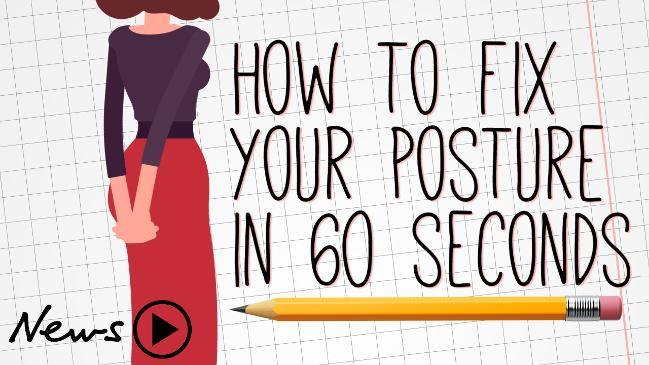Public servants receiving hundreds of dollars in ‘lifestyle’ allowance
Hundreds of dollars are being paid to thousands of public servants as a “lifestyle contribution allowance”. Now critics say it has got to stop.

National
Don't miss out on the headlines from National. Followed categories will be added to My News.
Exclusive: Thousands of public servants are being paid health allowances of as much as $600 a year but they don’t even need to buy joggers to get the money.
The departments of education and employment, along with Treasury, will next week dole out an estimated $2 million between them — no questions asked.
While the Coalition put a stop to new leisure wear loadings in 2014, dozens endure from before then.
Critics say it is time for the payments to be done away with.
Treasury is the most generous, providing $600 per employee. Doing so cost $497,000 in 2018-19.
A Treasury spokeswoman said the “lifestyle contribution allowance” began in 2002 in place of a wage rise.
“The payment was introduced to recognise the benefits staff get from undertaking their own initiatives to achieve a healthy lifestyle,” she said.

When News Corp Australia sought copies of receipts under freedom of information laws, Treasury said it didn’t have any.
“Staff must apply for the lifestyle contribution each year in which they are eligible, and certify that they will use the payment in the manner for which it is intended,” the Treasury spokeswoman said.
She said the contribution was taxable income, which confirms it is not a reimbursement and means it is made without a worker needing to make any sort of outlay related to their health.
The departments of Education and Employment — which are each about twice the size of Treasury — pay $500 in “health-related allowances”.
The bonuses hit bank accounts in early September.
There is little evidence these allowances have anything other than a financial benefit to workers.
Sick day use at Treasury has increased since 2011-12, as it has at Austrade, which has one of the most generous reimbursement policies.
Sickies at the Department of Employment haven’t fallen.
At Education they have declined by an average of 0.7 days per worker since 2011-12, from 10.6 to 9.9.
MORE NEWS:
Jungle warfare: ADF troops’ new flying squad
Morrison touches down at G7 summit
Trump and Johnson in firing line at G7
Melania divides internet with G7 dress

Data from the Australian Public Service Commission shows there are 33 health-related allowances, with more than 20 paying $300-plus.
About 5000 workers are covered by the enterprise agreements for Treasury and the departments of education and employment.
A further 17,000 in other parts of the public service appear to be eligible for reimbursement of Lycra purchases.
As an example, the relatively small Australian Building and Construction Commission said it covered about $100,000 over the past two years.
RMIT lecturer Aaron Lane, who is researching the regulation of public sector services, said the allowances, whether automatic or reimbursement, should be done away.
Mr Lane, who is also an adjunct legal fellow with the Institute of Public Affairs, said it was more efficient to add low-value payments to employee salaries.
“Ideally, low-value allowances, whether automatic or reimbursement, should be done away with and the money simply added onto employee salaries for greater transparency.”

“If they are to remain, low value allowances should be automated. Departments could scrap back office procedures and spend less of taxpayer’s money on bureaucratic red tape and more on actually helping people.”
Mr Lane said private sector workers in accountancy firms, legal practices and other professions got health-related benefits, although they weren’t written into enterprise agreements.
More typically they were offered as discounted gym membership.
Prime Minister Scott Morrison last week demanded a “step-change” from the public service, for which he is the minister.
Asked if it wanted to stamp out automatically paid health allowances, his office said: “The Coalition took action in 2014 to stop health entitlements in all new agreements. Future agreements will be negotiated in due course.”
The Community and Public Sector Union declined to comment.
Originally published as Public servants receiving hundreds of dollars in ‘lifestyle’ allowance


